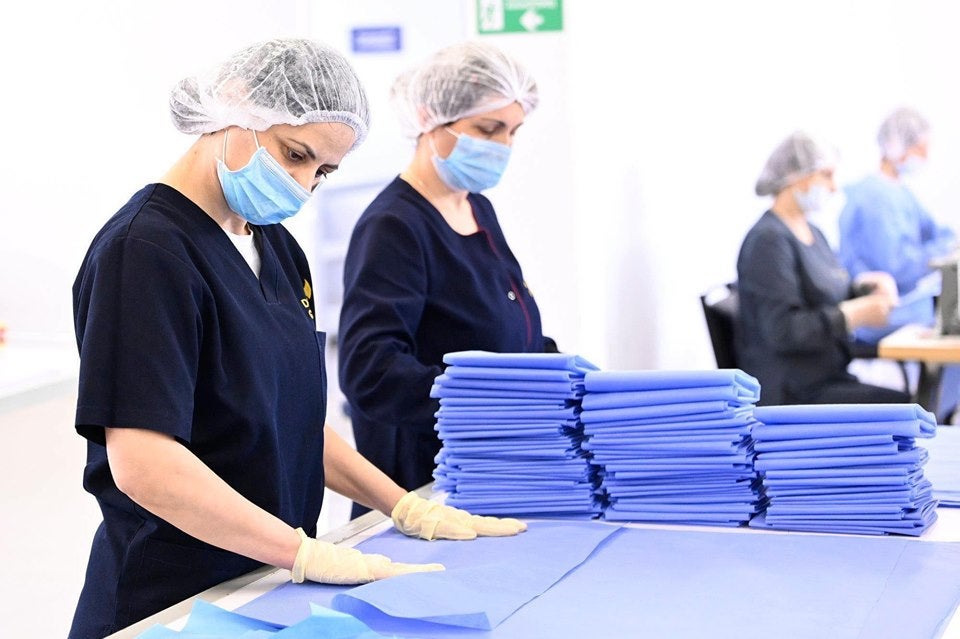“Women and girls are left behind in COVID-19 response” – warn women’s organizations in Europe and Central Asia
Women’s organizations across Eastern Europe and Central Asia urged governments and development partners to recognize the unique and vital needs of women and girls in pandemic response and recovery efforts. Activists warned the international community that the world risks a roll back in women’s rights if necessary efforts are not urgently undertaken.Date:

(Istanbul, 29 April) – 128 women’s organizations and activists from 17 countries and Kosovo* called upon governments and development partners to ensure effective dialogue with civil society to put women’s needs at the centre of COVID-19 pandemic response and recovery efforts.
In Central Asia, Eastern Partnership and Western Balkans and Turkey sub-regional consultations, organized by the UN Women Regional Office for Europe and Central Asia, women’s rights activists highlighted the various challenges women and women’s organizations are facing during the crisis and offered solutions to address pressing issues. Participants included women’s organizations and activists already working on the front lines of COVID-19 response.
“Women’s organizations and civil society at large should be an integral part of COVID-19 response and recovery efforts. Since the beginning of the pandemic, they’ve been on the front lines, working day and night to respond to the needs of all groups of women and girls, men and boys. They know what needs to be done and we urge all development partners to seriously consider the solutions they offer so that we can continue to ensure the principles of equality and social justice” said Alia El-Yassir, the UN Women Regional Director for Europe and Central Asia.
Women’s organizations stressed their lack of engagement in national COVID-19 response and recovery planning as a key challenge that blindfolds current efforts in responding to the urgent needs of women and girls. They highlighted the need for their oversight and monitoring of COVID-19 actions and spending. Women’s organizations also emphasized the need for gender disaggregated data and statistics to paint a clear picture of women’s challenges during the crisis, which would pave the way for gender-responsive policy-making. As persistent issues that carry a potential to roll into bigger problems down the line, women’s organizations highlighted restrictions in women’s rights and access to justice, increases in women’s unpaid work at home, and loss of employment and income by women, who globally dominate insecure and informal economy.
See full press release on UN Women's regional website for Europe and Central Asia
* All references to Kosovo shall be understood to be in full compliance with UN Security Council Resolution 1244 (1999).